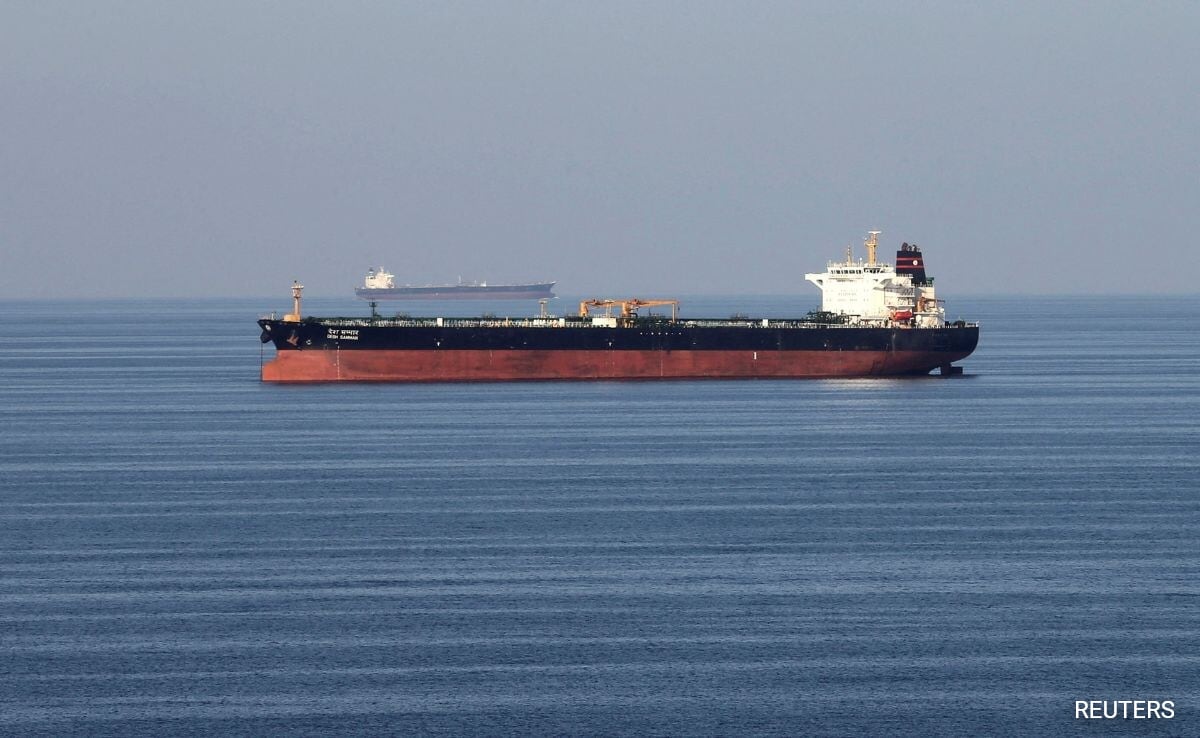

Amidst escalating tensions in the Middle East, particularly following reported US strikes on Iranian nuclear sites, concerns have risen about potential disruptions to global oil supplies. Iran has allegedly considered closing the Strait of Hormuz, a critical chokepoint for international oil and gas transit. In response to these concerns, India's Union Minister for Petroleum and Natural Gas, Hardeep Singh Puri, has assured the nation that the government is taking all necessary measures to ensure a stable fuel supply for its citizens.
Here are 5 key points to consider:
Strait of Hormuz Significance: The Strait of Hormuz is a narrow waterway situated between Iran and Oman, connecting the Persian Gulf to the Arabian Sea and the Indian Ocean. It serves as a vital route for global energy supplies, with approximately one-fifth of the world's oil and gas flowing through it. Any disruption to this route can have significant repercussions for the global economy, especially for countries heavily reliant on these imports. Reports indicate that nearly 30% of global oil and a third of LNG shipments pass through this strait. The narrowness of the strait, roughly 33 km at its widest, makes it vulnerable.
Iran's Closure Threat: Following reported US attacks on its nuclear facilities, Iranian media has suggested the possibility of closing the Strait of Hormuz as a retaliatory measure. While the decision is reportedly pending final approval from Iran's Supreme National Security Council, the threat has triggered concerns worldwide. A senior lawmaker stated that Iran would shut the Strait of Hormuz as a way of hitting back, though another parliament member said this would only happen if Tehran's vital interests were endangered. This is not the first time Iran has made such threats; they have previously threatened closure in response to Western pressure.
India's Response and Assurance: Union Minister Hardeep Singh Puri has responded to these concerns by assuring the public that India's energy supply remains stable. He emphasized that the government has been closely monitoring the geopolitical situation in the Middle East for the past two weeks. Puri stated that India has diversified its supplies in recent years, and a significant portion of its oil imports no longer relies on the Strait of Hormuz. He affirmed that the country's oil marketing companies possess supplies sufficient for several weeks and continue to receive energy supplies from various routes.
Diversification of Supply Sources: A key aspect of India's strategy to mitigate potential disruptions is the diversification of its oil import routes. Minister Puri highlighted that under the leadership of Prime Minister Narendra Modi, India has actively worked to reduce its dependence on the Strait of Hormuz for oil supplies. While a specific percentage wasn't given, the Union Minister stated that a large volume of supplies do not come through the Strait of Hormuz now. This diversification includes sourcing crude oil from countries like Russia.
Potential Economic Impact: Despite India's efforts to diversify its supply chains, experts acknowledge that a prolonged closure of the Strait of Hormuz could still have adverse economic consequences. Disruption of over a week could jolt the global economy, even limited disruptions can significantly increase global crude prices. Sources suggest that even with diversified sources, India remains exposed to the potential fallout. The government is closely watching crude oil price trends, and reports indicate they may consider reviewing excise duty cuts on fuel if prices rise above $105 per barrel.
In conclusion, while the potential closure of the Strait of Hormuz presents a significant challenge to global energy security, India has taken proactive steps to mitigate its impact. The government's emphasis on diversifying supply sources and maintaining adequate reserves demonstrates its commitment to ensuring a stable and secure fuel supply for its citizens amidst geopolitical uncertainties.